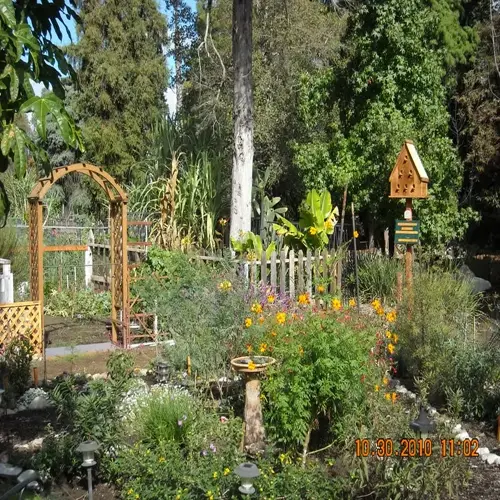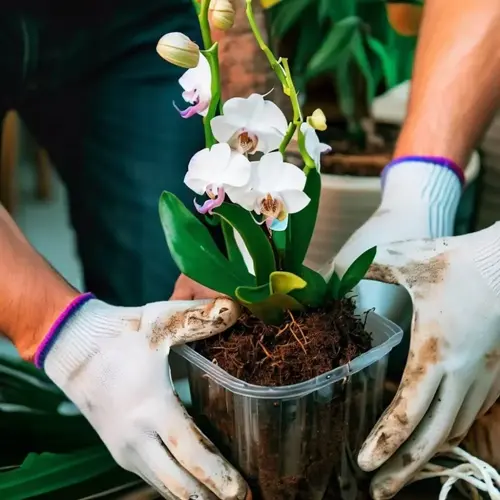Which seeds shouldn't be started indoors?

Written by
Julia Anderson
Reviewed by
Prof. Charles Hartman, Ph.D.Being aware of which seeds to avoid starting indoors saves time, effort, and poor harvests. Some plants can experience transplant shock when moved outdoors, while others thrive once planted directly in garden soil. Root crops and those established in cold climates do no better from an indoor start. Knowing which plants fit into this category will save you time and help you garden with greater success.
Root Vegetables
- Carrots develop forked roots when transplanted
- Radishes bolt prematurely if roots are disturbed
- Beets struggle with taproot damage during moves
Large-Seeded Plants
- Beans outgrow containers within days
- Peas develop extensive roots quickly
- Squash vines become tangled rapidly
Cold-Hardy Varieties
- Spinach bolts in warm indoor conditions
- Kale develops stronger flavor in cool soil
- Arugula resents temperature fluctuations
Taprooted plants suffer permanent damage after being transplanted. For example, carrots and parsnips have fragile taproots that are easily broken. Dill and cilantro establish deep anchorage of the root system quickly and don't tolerate disturbance. None of these crops recovers well after an indoor start. It is best to directly sow these crops in the desired location, rather than trying to transplant them. They will grow how they are supposed to!
Cold-hardy types prefer natural outdoor cycles. Spinach and kale germinate best at soil temperatures of 40-75℉. Indoor temperatures induce early bolting in advance of leaf formation. In addition to that these crops can withstand light frosts and early direct sowing is preferred over starting indoors. They are hardy enough not to require any protection.
Large-seeded plants can grow too fast for containers. Beans and peas get extensive root systems in a matter of days. Squash and cucumbers quickly fill the seedling tray. When transplanting these vigorous growers, it can significantly damage the roots. Direct sowing affords space to grow naturally.
Use effective direct sowing methods. Prepare the garden beds thoroughly by clearing away stones and debris. Plant seeds to a depth of twice their width. Use row covers for pest protection during the early stages of plant growth. Water regularly until the plants are established. You'll have better results than those that start forced indoors.
Read the full article: How to Germinate Seeds: 7 Foolproof Steps

